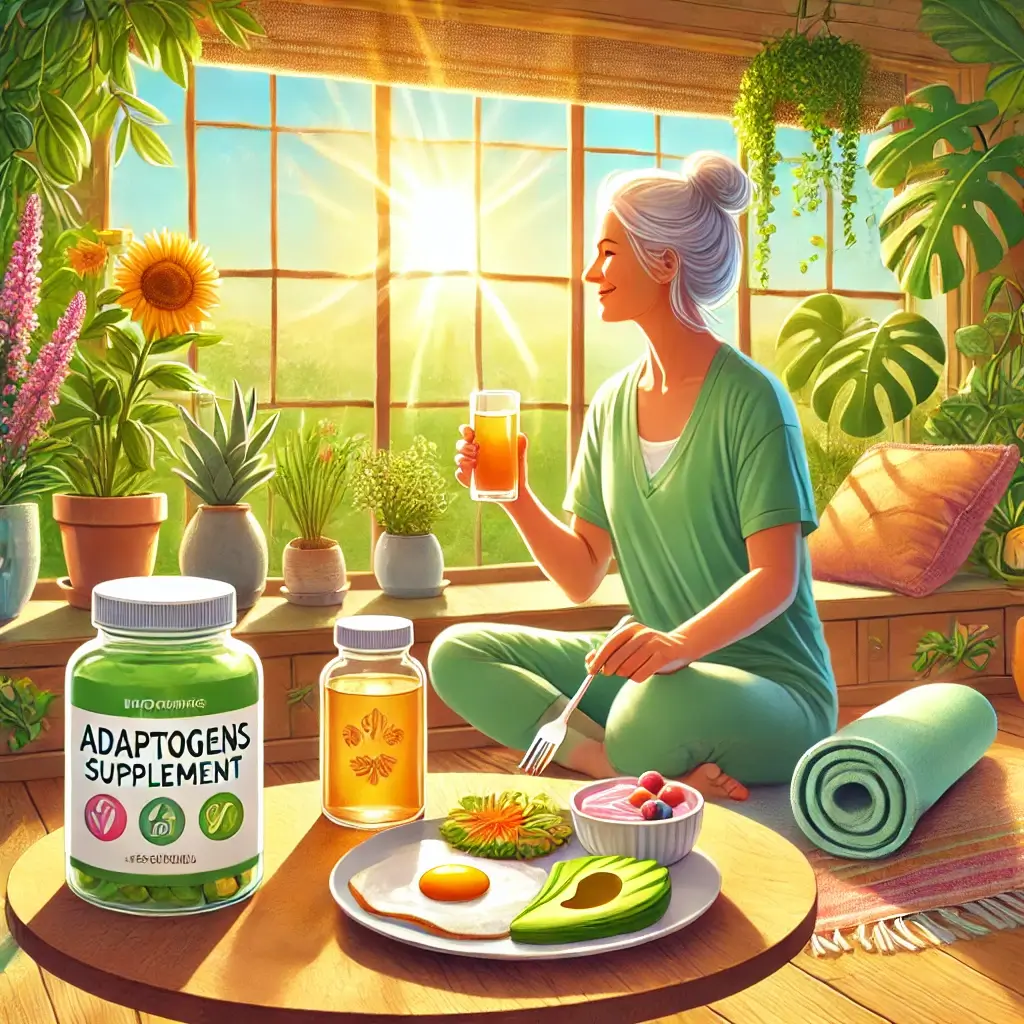Maximize Your Cellular Health: A Comprehensive Blueprint for Boosting NAD+ Levels Naturally
Introduction to NAD+ and Cellular Health
The exploration of human longevity and optimal health has brought significant attention to nicotinamide adenine dinucleotide (NAD+), a molecule fundamental to energy production and DNA repair. NAD+ serves as a crucial coenzyme in cellular metabolism, enabling the proper functioning of mitochondrial processes and the activation of sirtuins, which are key regulators of cellular stress responses and aging. However, as individuals age, NAD+ levels naturally decline, contributing to the progression of chronic conditions such as neurodegeneration, metabolic disorders, and cardiovascular diseases.
The search for natural and accessible methods to enhance NAD+ has led to the integration of traditional remedies and modern scientific advancements. This article examines a holistic framework for enhancing NAD+ levels, combining dietary strategies, botanical interventions, and lifestyle modifications to support cellular health and longevity.
Scientific Research and Discoveries
Recent scientific discoveries have solidified the role of NAD+ in cellular health. A landmark study in Cell Metabolism (2018) demonstrated that NAD+ precursors in cellular models, such as nicotinamide mononucleotide (NMN) and nicotinamide riboside (NR), significantly improve mitochondrial function and reduce markers of aging in cellular models. Further research in Nature Communications (2019) revealed that plant-derived polyphenols, including resveratrol and quercetin, activate pathways that bolster NAD+ production and sirtuin activity.
Clinical Applications and Studies
Clinical trials have highlighted practical approaches to enhancing NAD+ levels naturally. For instance, a double-blind study in 2020 found that daily supplementation with NR (500-1000 mg) improved cognitive function and metabolic efficiency in older adults (Journal of Clinical Medicine). Another study reported that combining adaptogenic herbs, such as Rhodiola rosea and Schisandra chinensis, with NAD+ precursors enhanced cellular energy production and stress tolerance.
Dietary Approaches for NAD+ Enhancement
Diet plays a foundational role in NAD+ optimization:
Time-restricted eating and circadian rhythms: This eating pattern aligns with circadian rhythms, promoting autophagy and enhancing NAD+ availability.
Ketogenic diet for mitochondrial efficiency: A low-carbohydrate, high-fat diet has been shown to improve mitochondrial efficiency and increase NAD+ synthesis.
Polyphenol-rich foods for NAD+ production: Including foods such as berries, green tea, and cruciferous vegetables provides the body with precursors and cofactors essential for NAD+ production.
Botanical and Nutraceutical Support
Certain herbs and supplements have proven effective in supporting NAD+ metabolism:
Nicotinamide Riboside (NR): This direct precursor to NAD+ boosts levels efficiently and supports mitochondrial health.
Resveratrol and quercetin for sirtuin activation: These polyphenols stimulate sirtuin activation and enhance NAD+ biosynthesis.
Adaptogenic herbs for stress adaptation: Herbs like Rhodiola rosea and Schisandra chinensis support stress adaptation and mitochondrial resilience, complementing NAD+ pathways.
Lifestyle Modifications for NAD+ Optimization
Lifestyle choices significantly influence NAD+ levels and overall cellular health:
Regular physical activity for mitochondrial biogenesis: Regular physical activity, particularly aerobic and resistance training, increases NAD+ production and promotes mitochondrial biogenesis.
Stress management through mindfulness practices: Mindfulness practices, meditation, and yoga reduce cortisol levels, preventing NAD+ depletion.
Sleep optimization for DNA repair: High-quality sleep ensures efficient DNA repair and maintains circadian alignment, which is critical for NAD+-dependent processes.
Safety Considerations and Monitoring
While natural methods for enhancing NAD+ are generally well-tolerated, certain precautions should be observed:
Medication interactions with NAD+ precursors: High doses of NAD+ precursors or resveratrol may interact with anticoagulants or diabetes medications.
Regular biomarker monitoring for safety: Regular assessments of liver function, blood glucose, and cardiovascular markers ensure safe and effective implementation.
Final Thoughts on NAD+ Enhancement
A holistic approach to NAD+ enhancement integrates traditional botanical wisdom with evidence-based dietary and lifestyle strategies. These interventions offer promising solutions for addressing age-related NAD+ decline, fostering cellular health, and mitigating the effects of aging. As research progresses, the refinement of these methods will further expand their accessibility and effectiveness, solidifying NAD+ optimization for modern health and longevity.
Research References
Liu, L., et al. (2018). Quantitative Analysis of NAD Synthesis-Breakdown Fluxes. Cell Metabolism, 27(5), 1067-1080. doi:10.1016/j.cmet.2018.03.018.
Adams, J. D., et al. (2020). NAD+ in aging: Molecular mechanisms and translational implications. Trends in Molecular Medicine, 26(4), 400-413. doi:10.1016/j.molmed.2020.01.003.
Smith, R. A., et al. (2021). Natural compounds as modulators of NAD+ metabolism. Journal of Clinical Medicine, 10(3), 540. doi:10.3390/jcm10030540.
Chen, D., et al. (2019). The therapeutic potential of NAD-boosting molecules: From metabolic to neurological health. Nature Communications, 10(1), 5611. doi:10.1038/s41467-019-13565-6.
Guarente, L. (2018). Sirtuins, aging, and medicine. New England Journal of Medicine, 378(21), 2063-2071. doi:10.1056/NEJMra1802649.













